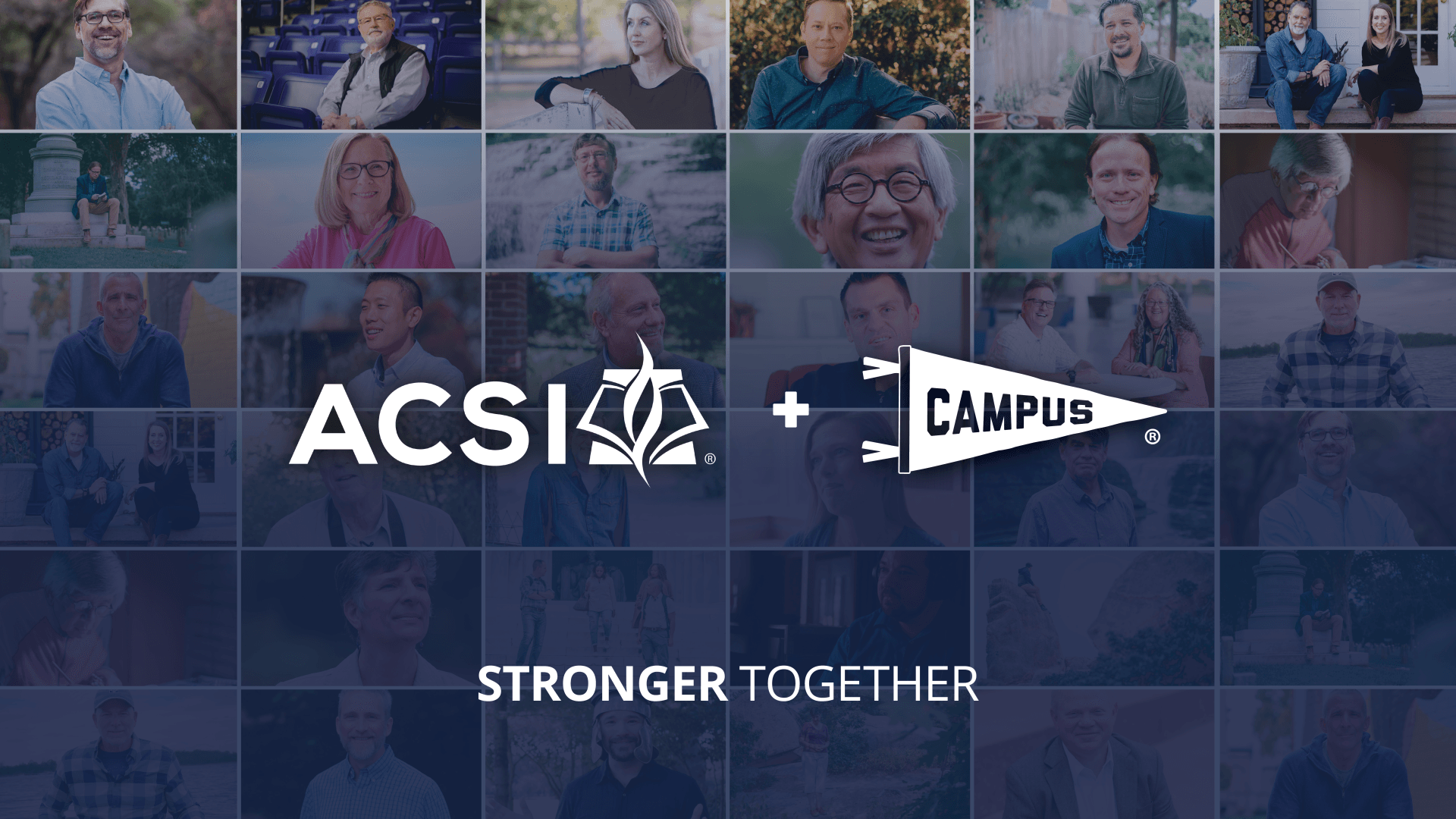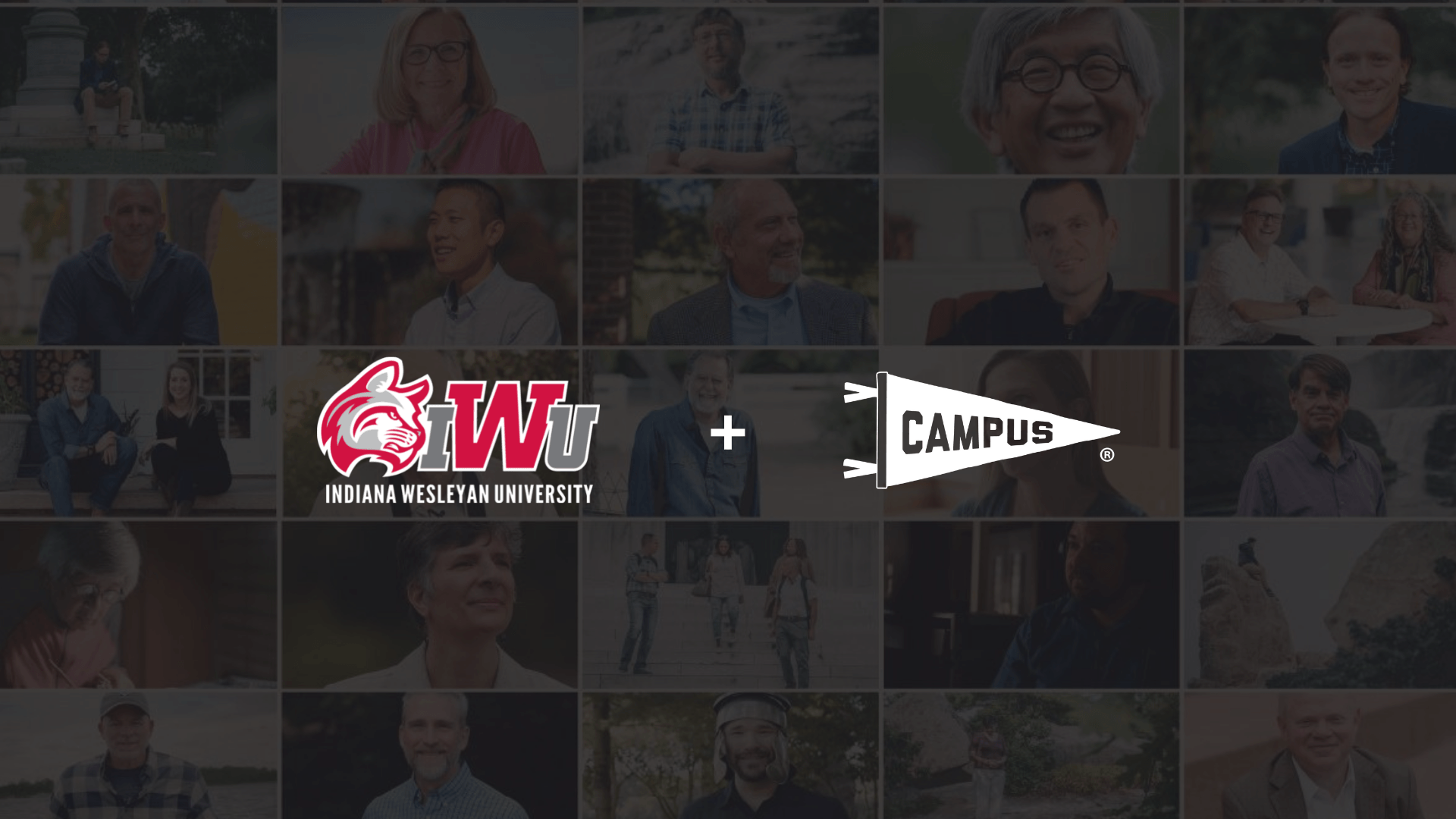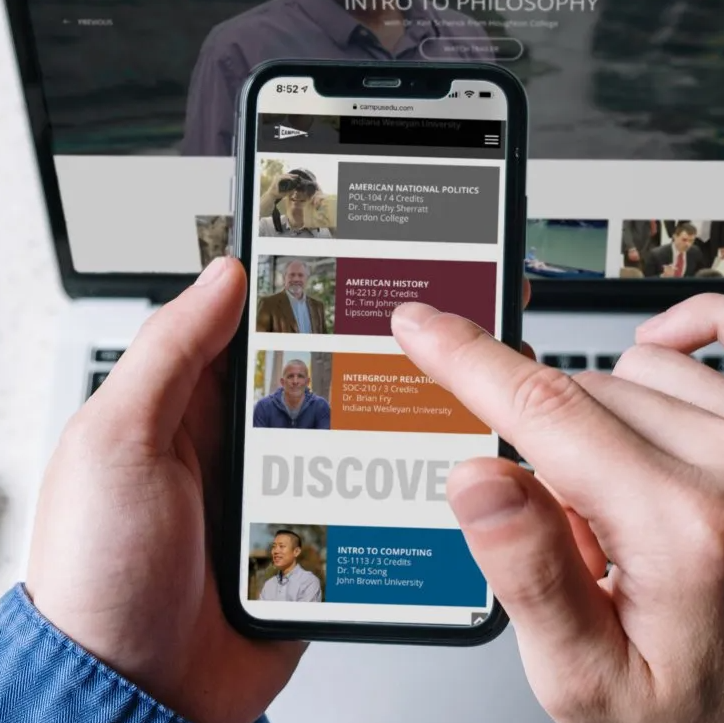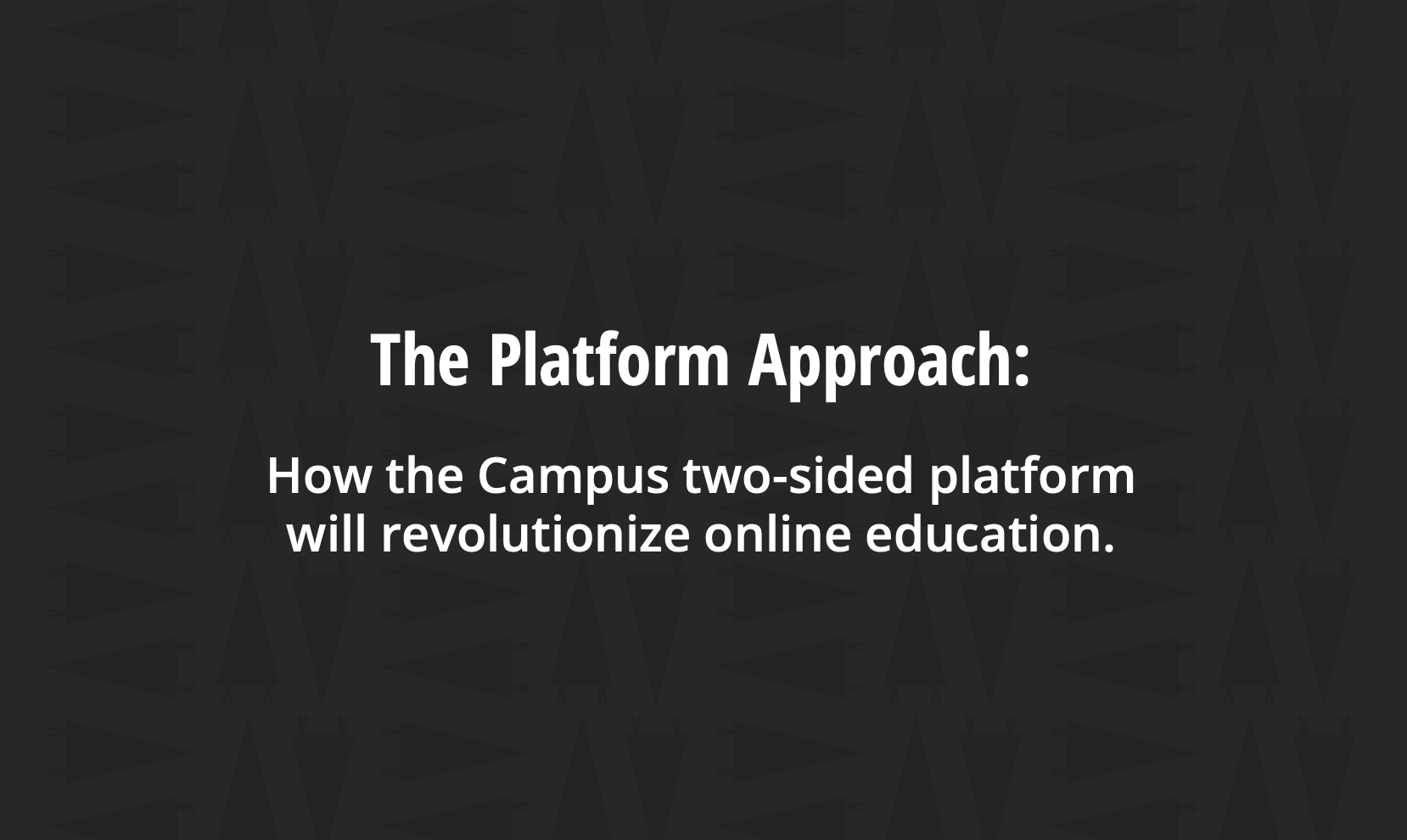The Future of Modality in Higher Education
This is a subtitle for your new post

The Future of Modality in Higher Education
Written by Ken Schenck
I read an article recently that highlighted some of the changes that the pandemic has brought to higher education. [1] I saw some of these shifts firsthand at the college where I was serving at the time. A professor of computer science--who previously would not go near an online class--suddenly concluded that he could teach the subject more effectively online, with the students sharing code on their screens with each other. Professors and administrators who thought they had no computer savvy suddenly found themselves masters of Zoom. We even found a way to teach lab sciences online.
The landscape has changed. Perhaps the direction of change is the same as before, but the timeline has accelerated. Initiatives that were very innovative two years ago are now business as usual. The good news is that this moment has made it possible for a college to catch up with the flow of innovation quickly, if they are only willing to jump into the rapids of change. There are more tools and know-how at a college's disposal now than ever before.
Traditional Online
It may seem a little strange to speak of "traditional" online. By traditional online, I mean the "type type type" course where you write a book before you're done. There were (and are) many advantages to traditional online. Courses are generally asynchronous, meaning that you can do the class at any time of day or night. This approach is a great advantage, especially to those who have to work during normal class hours.
Traditional online has made education available to more people than ever before. These classes are usually accelerated, with an 8-week class being very common. Now that the bandwidth of the internet has increased so much, some schools have begun to reintroduce some live opportunities into these classes, potentially a great enhancement to the online experience. Early versions of online courses also tended to lack video and a variety of learning experiences.
Studies have shown that the average learning of a student in an online class is as good or better as a traditional face-to-face class. [2] In a physical classroom, it is easy to zone out and disappear in the back of the room. Online classes typically involve discussion forums where everyone has to participate. Online classes typically involve more regular submissions than a traditional class, with a much higher expectation of timely feedback. Assignments usually aim to be "formative" as learning experiences and not just "summative" as a final judgment. A student in a good online class may very well get more personal attention than the typical student in a traditional, residential classroom.
The current leaders in traditional online are schools like Southern New Hampshire and Arizona State (ASU) in the secular world, Liberty and Grand Canyon in the Christian world. Western Governors is the leader in competency-based education, where you work at your own pace. These schools aim to make education very convenient and affordable. ASU even offers majors like chemistry and physics online, using creative new ways for students to do lab work. They use well-established learning management systems (LMS) like Canvas and Brightspace, which are self-contained universes.
Hybrid and Blended Online
While traditional online on average produces more learning than the traditional classroom, the optimal mode of learning is a mixture of live and asynchronous components. While the terms often blur into each other, I define a blended course as one that is sometimes face-to-face and sometimes asynchronous. For example, in the “flipped” classroom, students learn the primary content outside of class and then apply/unpack in person. A hybrid course then is one that has some students completely online and some students completely in person in the same course.
The pandemic pushed many campuses last year into hybrid or "HyFlex" mode, with some students in the classroom and others Zooming in. It was clunky, trying to shift between people in front of you to people on the screen. Many bid “good riddance” to that split-personality experience this year. However, I doubt we have seen the last of it. It just needs to get better.
What if you had online and onsite students in the same course with a common online platform--a blended and hybrid experience? Discussion forums might mean fewer face-to-face sessions for the onsite student. Many students will now expect residential class sessions to be recorded on days they are absent. The technology will evolve to meet the expectations of flexibility that the pandemic has created.
The Platform
Campus Edu is one of several educational "platforms" that seem to be springing up overnight. For example, Acadeum is a marketplace where colleges can share their online courses with other schools. Courses remain housed with the college and its LMS, so the courses come "as is." It is hard to know what the courses are actually like on the inside, but students can now find courses they cannot get at their own school when they need them.
Outlier and 2U/Ed X are some secular organizations that are also providing a marketplace for courses from more than one university. What used to be a MOOC, not for credit, is increasingly available for college credit, and the studies show the learning is just as good as traditional face to face. [3] Outlier in particular has invested to make these courses incredibly engaging and graphically appealing, following the model of MasterClass. This is disruptive in the way that Amazon was for individual book publishers or Napster was for the music industry.
However, the direction seems inevitable. It will not be long before students will expect to take courses from multiple schools, perhaps with one lucky one serving as a final off-ramp. Even more disruptive will be the rise of internal educational credentialing that employers like Google and Amazon are creating for their employees, and it does not seem to matter whether a traditional degree is part of the package. [4] If a job is what the typical college student expects from a college degree, Google and others are poised to provide a shortcut.
Into this swirl of new alternatives, Campus Edu has created a platform focused on the Christian college and university. It is coming alongside them and providing a toolbox to be able to thrive in this changing landscape. Like Outlier, it is providing significant video, creative, and instructional design resources to the schools that join forces. It has its own LMS, Campus Learn, meaning that a college can outsource its entire online program to Campus if it wishes--or even start one for the first time. Campus has far more software and instructional designers than most colleges. Its aim is a Netflix feel and an Apple-like intuitiveness that is more outward facing than self-contained. Courses can be done asynchronously, but some online face-to-face components are standard and preferred. You can expect to hear more about Campus in posts to come.
The Beyond
We know that the possibilities for online education are accelerating. Darren Campbell, founder of Campus Edu, thinks of Campus Learn as something like a Mr. Potato Head. As the pedagogy develops, we will plug in the latest and greatest. No doubt some courses in the future will become more like playing a video game than anything like a traditional lecture hall where you sit for an hour.
Learning is no longer something you do for four or five years. More and more people expect to learn interesting things for the rest of their lives at their own pace. I have had a number of retired individuals audit my online courses. I have taught intergenerational online courses with a mix of high school, on-campus, traditional online, credential seekers, and retired auditors. What an incredibly rich experience! Never stop learning!
The student of the future will expect to be able to take classes anywhere at any time. People all over the world will want to be able to learn on a smartphone--they already are. Students will want to be able to sample from multiple universities. They will want to be able to take online courses while living on a residential campus--over 50% already do. [5] They will want to be able to see recordings of on-campus lectures and go on an internship in the middle of a semester. They will want to condense and expand the traditional semester in accordance with their needs and abilities.
And if there is demand, it will happen. verbum sapienti sat est.
[1] Michael A. Baston, "From Crisis Comes Opportunity," Inside Higher Ed, November 4, 2021, https://www.insidehighered.com/views/2021/11/04/covid-has-spurred-four-positive-changes-campuses-opinion
[2] "Evidence-Based Practices in Online Learning: A Meta-Analysis and Review of Online Learning Studies," 2010, US Department of Education, https://www2.ed.gov/rschstat/eval/tech/evidence-based-practices/finalreport.pdf
[3] “Is online education as effective as traditional on-campus schooling?” UTEP Connect, November 2018, https://www.utep.edu/extendeduniversity/utepconnect/blog/november-2018/is-online-education-as-effective-as-traditional-on-campus-schooling.html
[4] Justin Bariso, “Google Has a Plan to Disrupt the College Degree,” Inc., April 19, 2020, https://www.inc.com/justin-bariso/google-plan-disrupt-college-degree-university-higher-education-certificate-project-management-data-analyst.html
[5] Suzanne Smalley, "Half of All College Students Take Online Classes," Inside Higher Ed, October 13, 2021, https://www.insidehighered.com/news/2021/10/13/new-us-data-show-jump-college-students-learning-online
The Campus Blog






